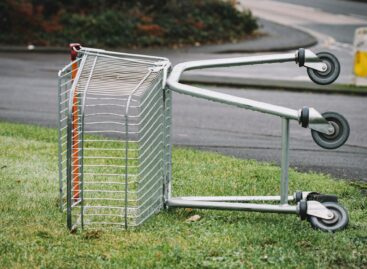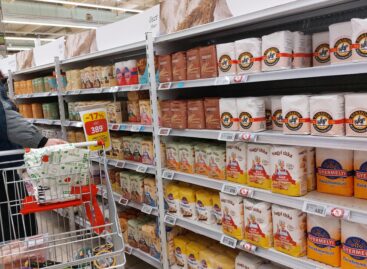The average salary today is enough for less bread and more milk, chicken and potatoes than in the Kádár system
The data continuously published by the Central Statistical Office (KSH) and published by the Magyar Nemzeti Bank (MNB) in recent days are thought-provoking. The MNB has published a special series of data that presents the financial accounts of Hungarian households between 1950 and 1989. It shows how much savings the families had in each year and how much debt they accumulated.
The average monthly income reached HUF 1,000 for the first time in 1954, at which time the net financial assets of households were HUF 17.5 billion, and an average citizen – including infants – had set aside money equivalent to 1.6 months of income.
However, the situation was not so rosy. In the 1950s, the population’s assets held in cash also increased, but the amount of so-called long-term loans rose much faster, peaking at HUF 7.9 billion between 1956 and 1959. This does not show the loans taken out by the population, but the loans granted by them.
But who did people lend so much to when they weren’t rich in money either? The solution is believed to be the legendary peace loan. The state essentially expected the population to give it a loan for one month’s salary per year.
At the beginning, they even offered interest for the subscription, but then they only gave prizes, and the forced creditors only got back the amount paid for a long time. The last Peace Loan was issued by the Hungarian state in 1955.
Related news
FAO food price index fell further in December
🎧 Hallgasd a cikket: Lejátszás Szünet Folytatás Leállítás Nyelv: Auto…
Read more >Related news
Protein, gut health and mental wellbeing – these trends will shape global food innovation in 2026
🎧 Hallgasd a cikket: Lejátszás Szünet Folytatás Leállítás Nyelv: Auto…
Read more >Festive table, new habits
🎧 Hallgasd a cikket: Lejátszás Szünet Folytatás Leállítás Nyelv: Auto…
Read more >








